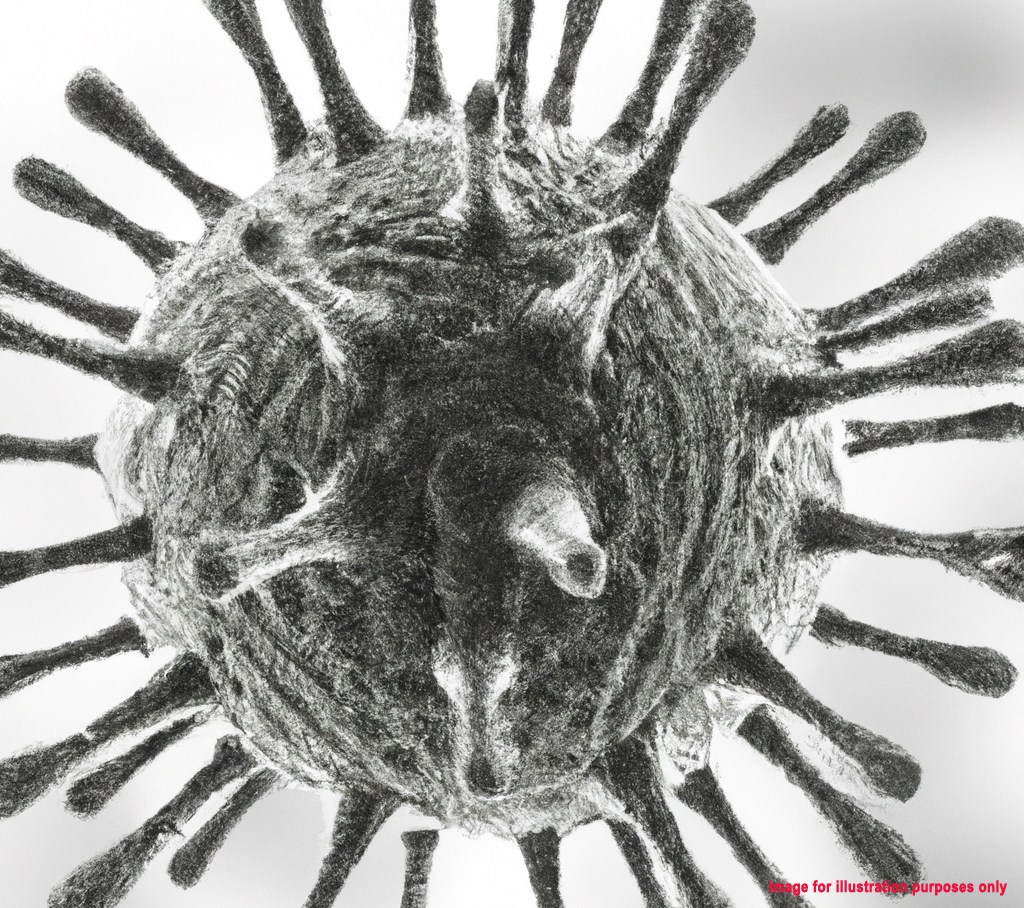Coronavirus

Coronaviruses, also known as CoV, are a vast group of viruses responsible
for a spectrum of illnesses, ranging from the typical cold to more serious
conditions like Middle East Respiratory Syndrome (MERS-CoV) and Severe Acute
Respiratory Syndrome (SARS-CoV). A novel coronavirus (nCoV) refers to a
fresh strain previously unseen in humans.
These viruses are zoonotic, meaning they are transmitted between animals and
humans. Investigations have shown that SARS-CoV was transferred from civet
cats to humans, while MERS-CoV originated from dromedary camels. Several
coronaviruses are present in animals but have yet to infect humans.
Typical symptoms of infection include respiratory issues, fever, cough,
shortness of breath, and breathing troubles. In severe cases, infections can
lead to pneumonia, acute respiratory syndrome, kidney failure, and even
death.
Preventive measures to curb infection spread include regular handwashing,
covering the mouth and nose when coughing or sneezing, and ensuring thorough
cooking of meat and eggs. It's also advisable to avoid close contact with
individuals exhibiting respiratory illness symptoms such as coughing and
sneezing.
undo Common Diseases in Malaysia